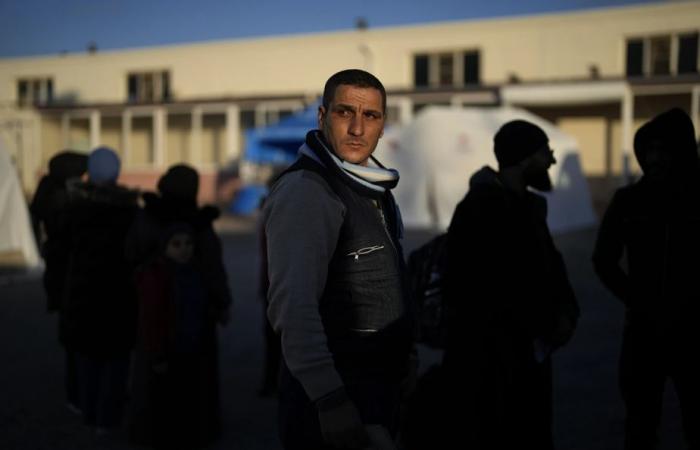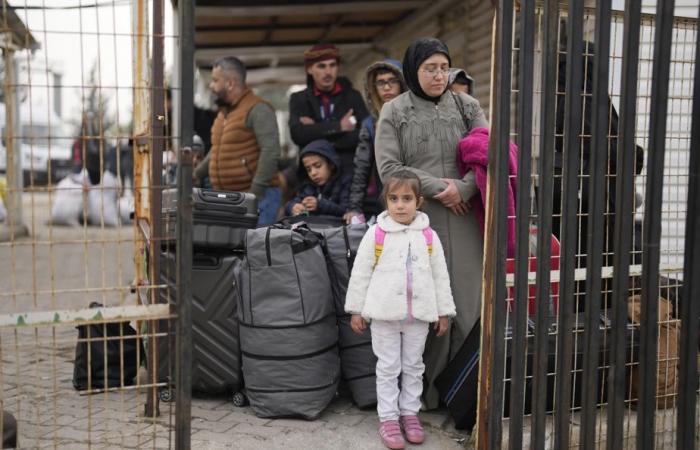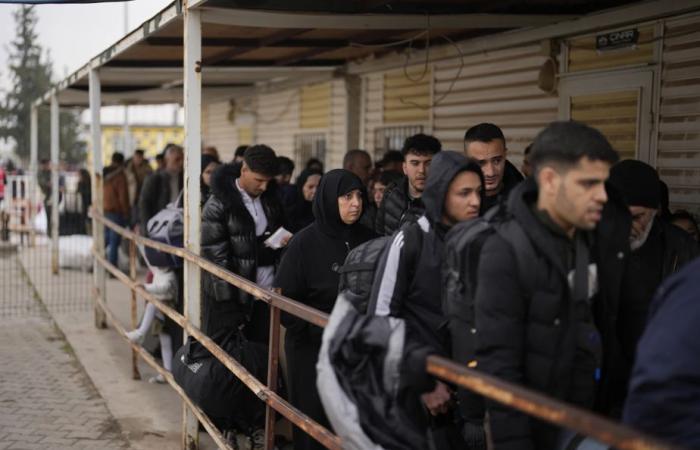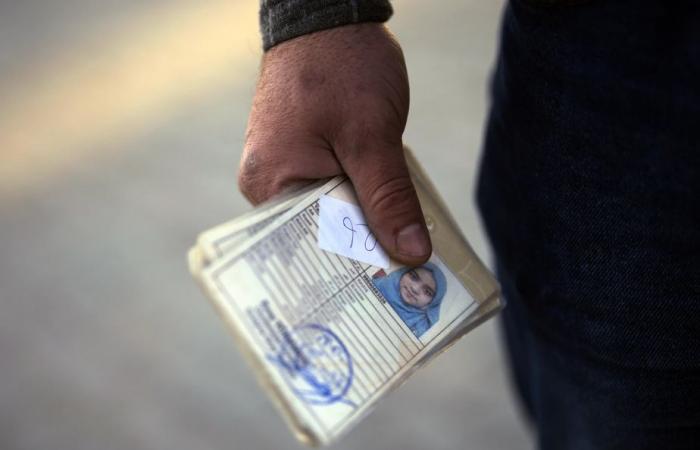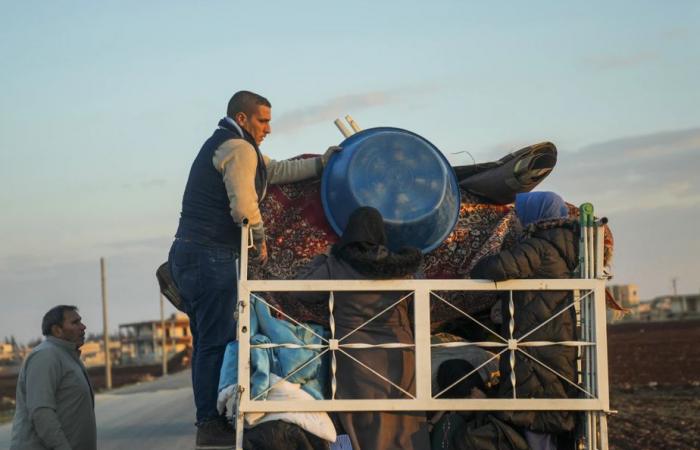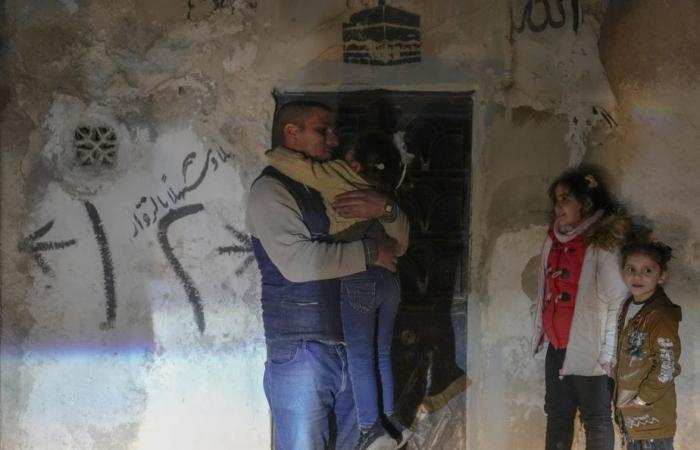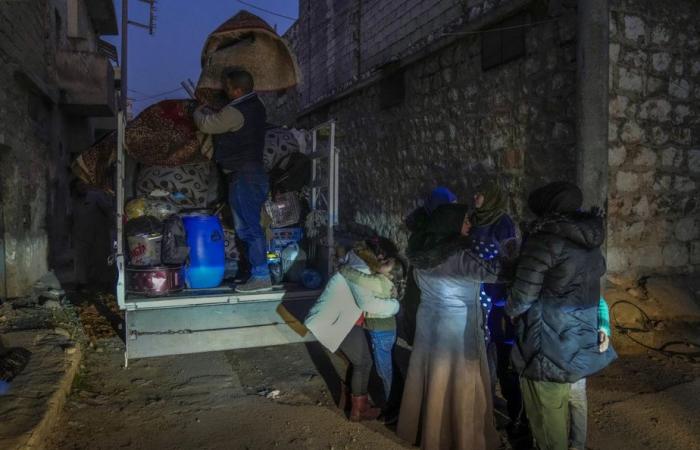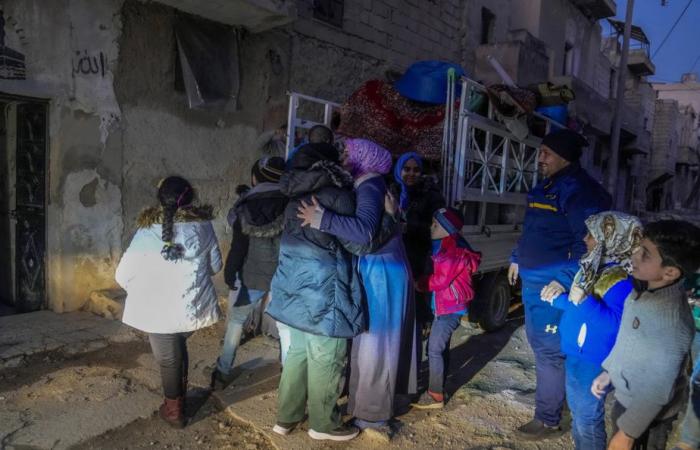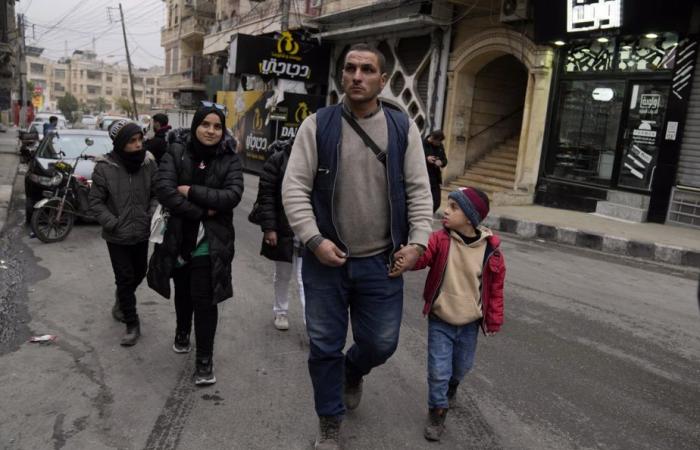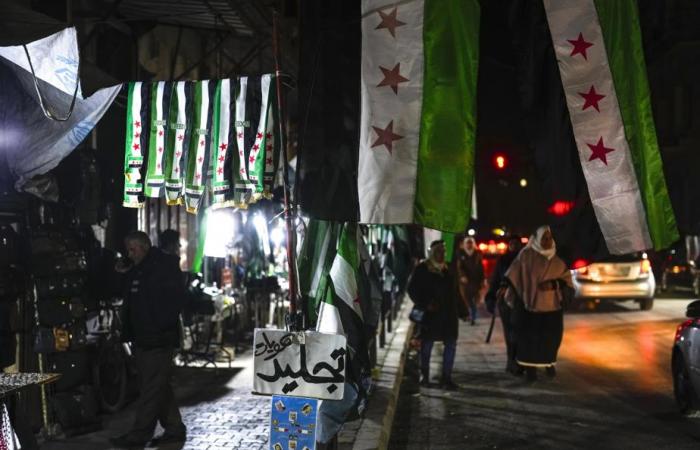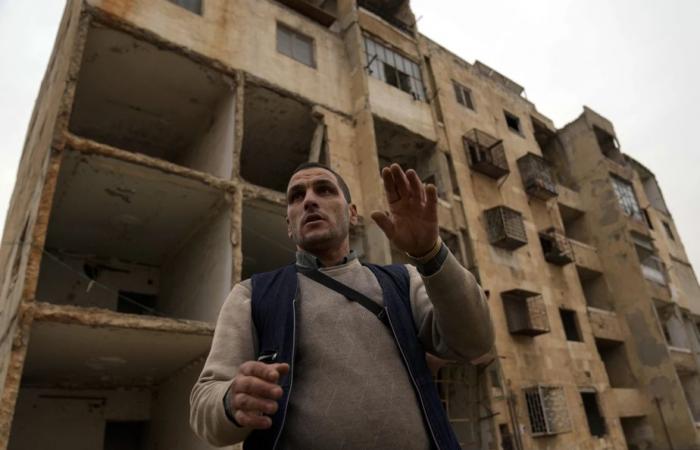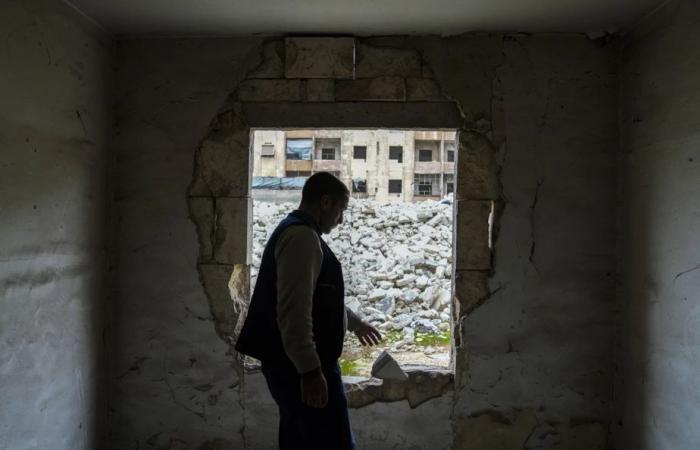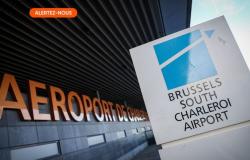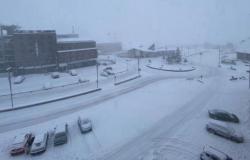(Aleppo) As soon as he arrived in Syria from Türkiye, Ahmed al-Kassem hugged his sister. Separated since 2013, they cried with emotion, under the shock of their reunion just days after the fall of Syrian despot Bashar al-Assad.
Posted at 12:00 a.m.
Khalil Hamra
Associated Press
But already, the joy of the wandering Syrian returning home is tinged with worry about the future of his war-torn country. His old home in Aleppo is uninhabitable and the family home where he took his wife and children has no electricity or running water.
“Having known, I don’t know if I would have come back,” says Mr. Kassem, 38 years old.
Our life in Türkiye was not perfect, but what we see here is a disaster.
Ahmed al-Kassem
Mr. Kassem and his family are among some 7,600 Syrian refugees who, according to Turkish authorities, have returned to Syria from Turkey since December 9, the day Bashar al-Assad fled the insurgents. Others arrive by the thousands from neighboring Lebanon. The Associated Press followed Mr. Kassem and his family from the Turkish border on December 13 aboard a truck containing all their belongings to their first days in Aleppo, a city ravaged by the long civil war.
-
PHOTO KHALIL HAMRA, ASSOCIATED PRESS
To return to Syria, Syrian refugees had to queue for long hours at the Turkish border post of Öncüpınar.
-
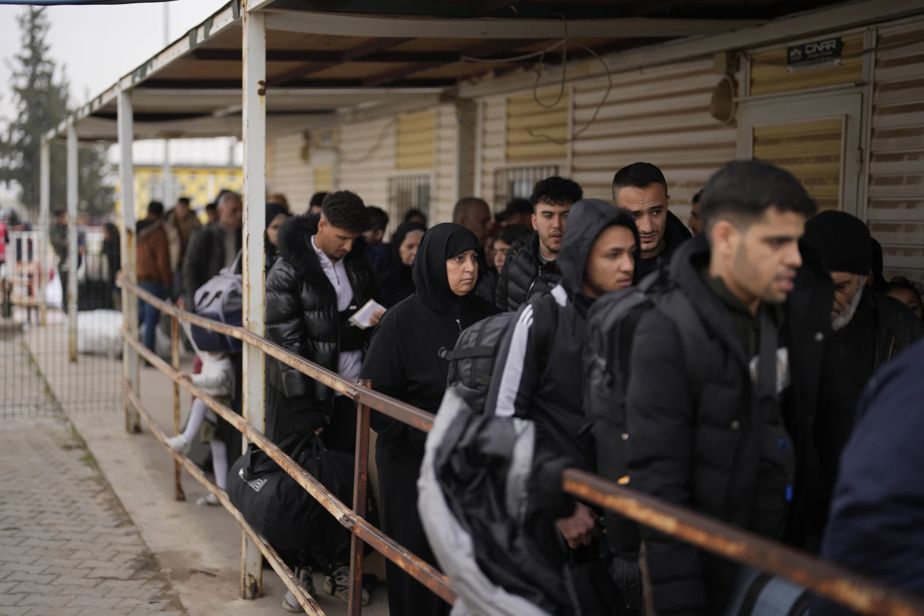
PHOTO KHALIL HAMRA, ASSOCIATED PRESS
Syrians returning home, queuing at the Turkish border post of Öncüpınar. Everyone must give customs officers the “temporary protection” document, which gave refugee status and the right to be in Türkiye.
-
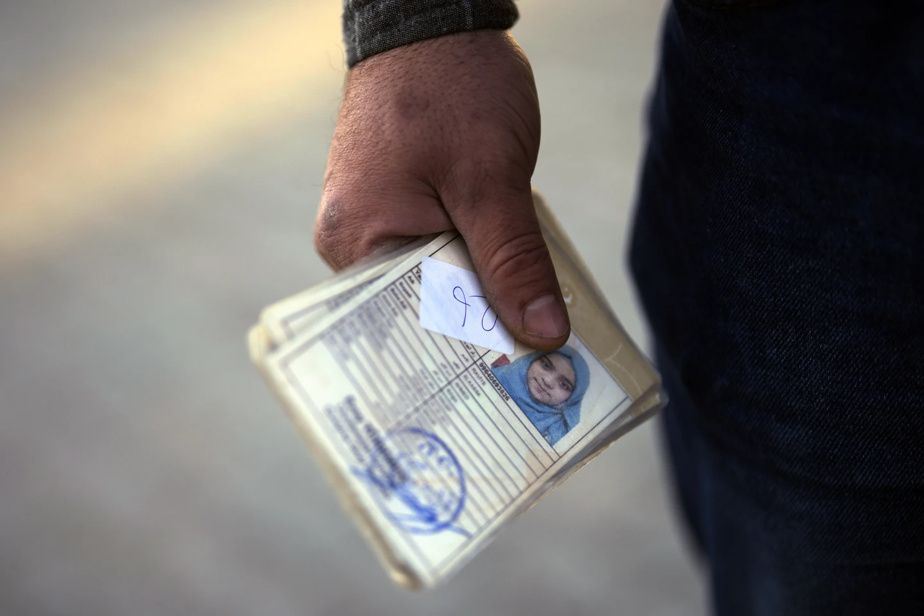
PHOTO KHALIL HAMRA, ASSOCIATED PRESS
Returning to Syria is a leap into the unknown with no possibility of return. Crossing the border, Ahmed al-Kassem had to hand over to Turkish customs officials the residence permits conferred on his family by refugee status.
1/3
They are leaving behind the life they built in Türkiye over the past 11 years. Four of the five children were born there and only know about Syria and their relatives through Snapchat. For Mr. Kassem and his wife, it is an opportunity to reunite with family and homeland, to resume their lives and to reconnect with the Syrian roots of their three daughters and two boys aged 7 to 14.
Dive of no return
But it is a plunge into the unknown of a changing Syria and Turkey does not want any more refugees. At the Turkish border post of Öncüpınar, they queued for hours, then had to hand over to Turkish customs officers their “temporary protection” papers attesting to their refugee status and their right to be in the country.
On the Syrian side, in Bab al-Salameh, they transferred their belongings – including a carpet and a washing machine – from the Turkish truck to another truck.
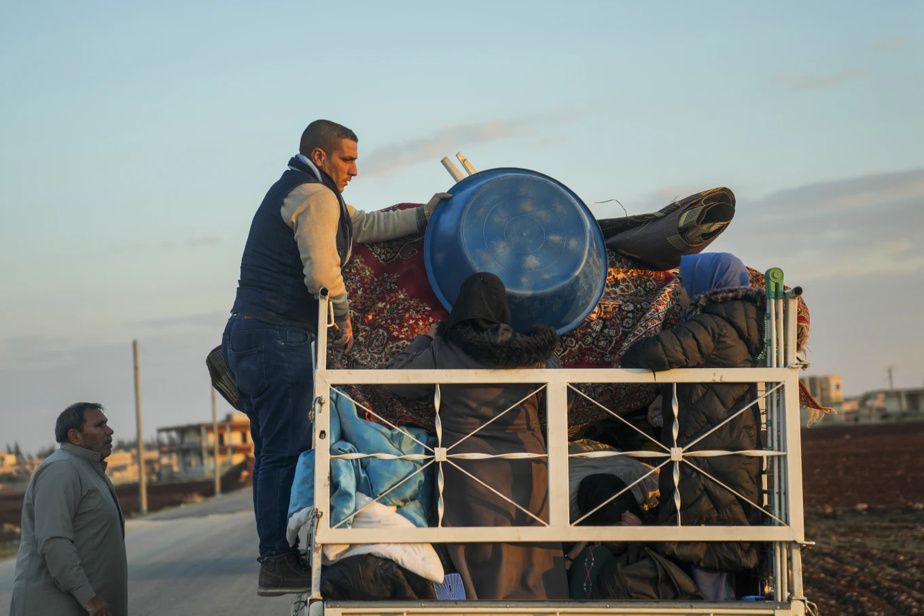
PHOTO KHALIL HAMRA, ASSOCIATED PRESS
On the Syrian side, in Bab al-Salameh, the Kassem family transferred their belongings from the Turkish truck to this truck.
For an hour, they crossed northwest Syria, arriving after dark at the Masaken Hanano suburb of Aleppo.
The entire neighborhood was plunged into darkness, without electricity, but they could see the sinister silhouette of destroyed or damaged buildings.
By the light of his phone, Mr. Kassem led his family down a dark alley and found his sister's house, intact but dark. It was there that he and his sister cried, in the early morning, when they found each other. The children hugged their cousins for the first time.
But the reality is a shock.
Met three days later, Mr. Kassem explains that he sent his children to another parent's house: there, unlike his sister's, there are a few hours of electricity and running water per day.
-
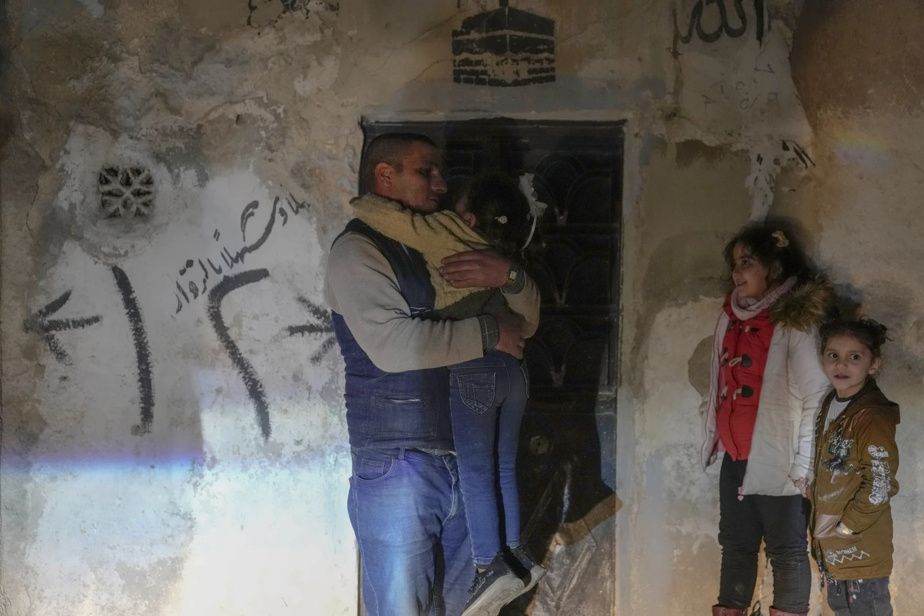
PHOTO KHALIL HAMRA, ASSOCIATED PRESS
Ahmed al-Kassem and his family were welcomed by relatives. He hugs a niece he's never seen other than on Snapchat.
-
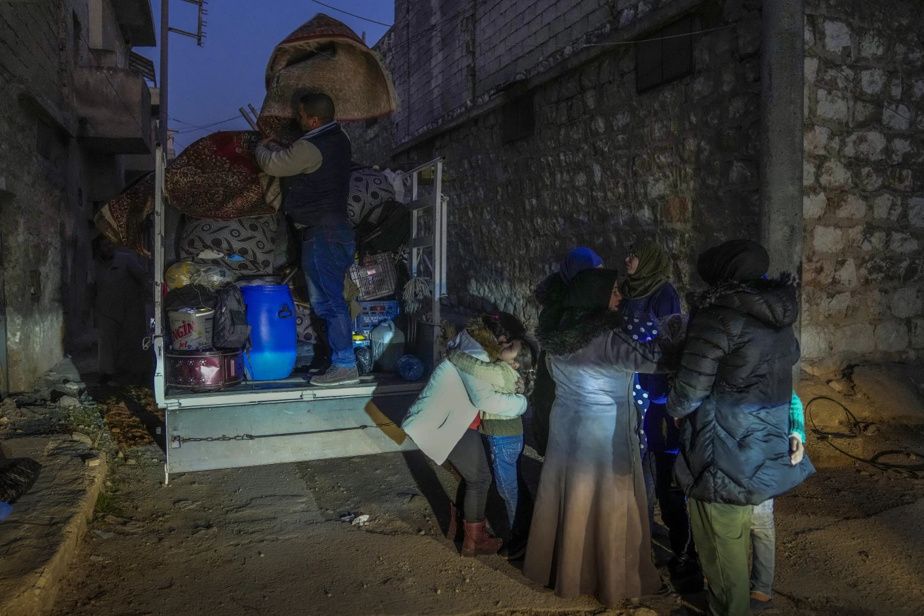
PHOTO KHALIL HAMRA, ASSOCIATED PRESS
Ahmed al-Kassem, center, unloading the truck containing all the goods he was able to bring back from Türkiye
-
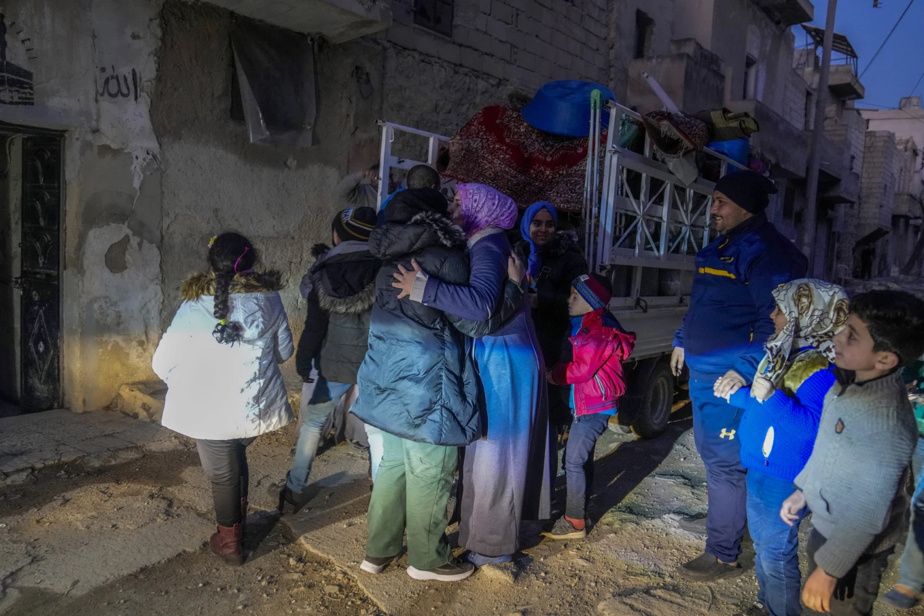
PHOTO KHALIL HAMRA, ASSOCIATED PRESS
Ahmed al-Kassem and his family, welcomed by relatives on their return from exile in the early morning of December 13
1/3
Mr. Kassem wonders if he did the right thing in bringing his family back so soon: “When I saw my country liberated, I got up and came home with my children to introduce them to our homeland and show them their country. But when they arrived, when they saw the situation, they were very surprised. They didn't expect that. »
In Türkiye, they had water, electricity, internet, “everything you need to live,” he said. “But here, as you see, we have been without water for days. I have no idea where I will go with my children. »
Learn Arabic
Her 14-year-old daughter, Rawiya, says she is happy to be reunited with her family. But she is worried about the idea of going to school in Aleppo, having only known Turkish schools. She speaks Arabic, but cannot read or write it:
It's going to be hard to learn Arabic from scratch. But I am still happy to be in Syria.
Rawiya al-Kassem
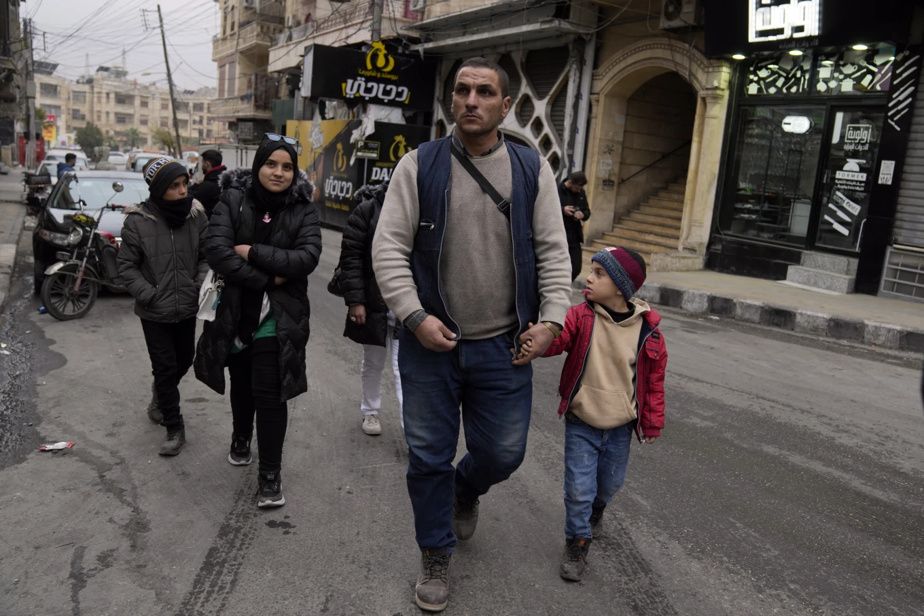
PHOTO KHALIL HAMRA, ASSOCIATED PRESS
Ahmed al-Kassem, returning home to Aleppo, finds that life will be very difficult. “But I have to adapt to the situation,” he says. ” For what ? Because this is my homeland, my place in the world and our people are here. »
Rawiya was 4 years old when his family fled Aleppo in 2013. At the time, rebels held the east of the city and fighting was fierce with Assad's forces holding the western half. A mosque behind Mr. Kassem's house was hit several times by shells. The day the shots hit his house, he decided he had to leave.
He and his family settled in the Turkish town of Kahramanmaraş, where Mr. Kassem worked in construction, his trade. It was there that his other children were born, who spoke Turkish fluently and very little Arabic.
Aleppo, once Syria's largest city and an economic hub, was ravaged by years of fighting until the government army retook the entire city in 2016 with help from Russia and Iran . In the east of the city, many neighborhoods are in ruins, houses reduced to concrete skeletons. Some buildings have been patched up by residents.
In Aleppo's Old City, the Syrian revolutionary flag flies over the ancient citadel, where crowds still celebrate Assad's fall. People stroll in front of the 13th century fortresse century, a flag in hand for some. The people of Aleppo and many visitors reclaim the streets.
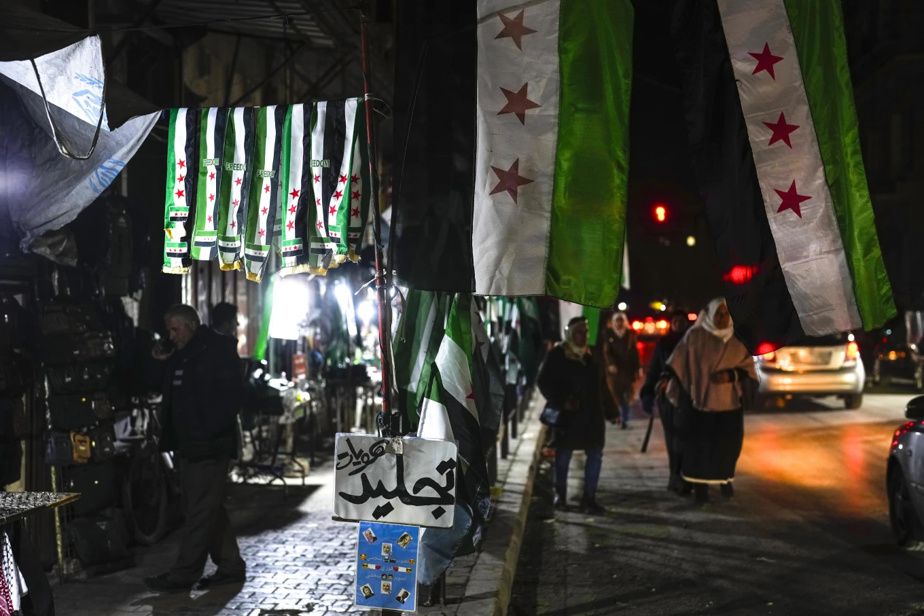
PHOTO KHALIL HAMRA, ASSOCIATED PRESS
The Syrian revolutionary flag flies over the ancient citadel, where crowds still celebrate Assad's fall.
“We are all here to share our joy,” said Huzam Jbara, a mother from the neighboring province of Idlib who is visiting the Aleppo citadel for the first time in 10 years, with her two daughters. “It’s a great joy. The tyrant who oppressed, imprisoned and killed his people has fallen. »
Devastated economy
On Aleppo's Kostaki Homsi Street, long lines stretch outside bakeries still making bread, a sign of widespread poverty and a collapsing economy.
Shortly after returning to Aleppo, Mr. Kassem went to his former home. The windows are smashed and everything his family left behind is gone.
-
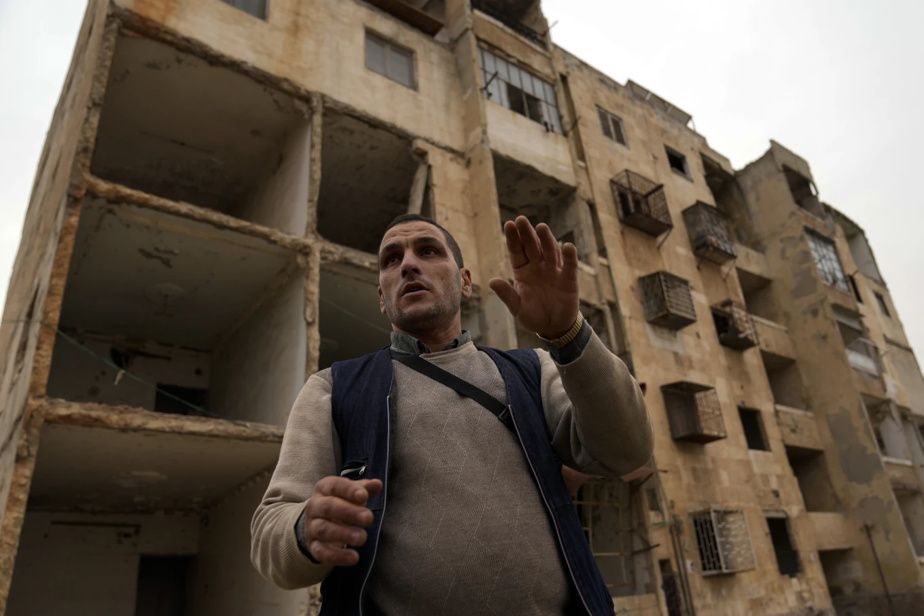
PHOTO KHALIL HAMRA, ASSOCIATED PRESS
Ahmed al-Kassem went on December 16 to see his house destroyed in the Masaken Hanano neighborhood of Aleppo. “I have no idea where I will go with my children,” he said.
-
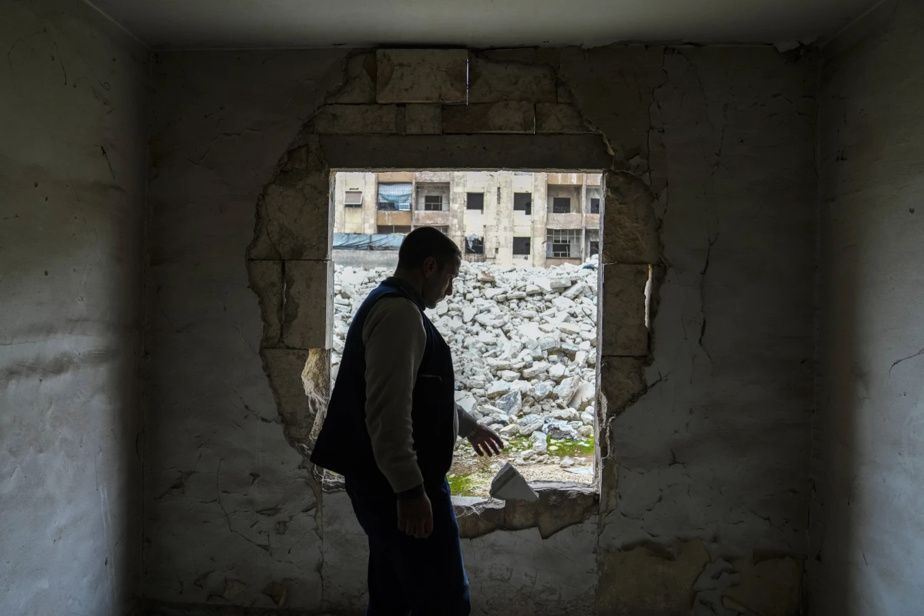
PHOTO KHALIL HAMRA, ASSOCIATED PRESS
Mr. Kassem's former house
1/2
He reflected on his life in Turkey, where his family experienced exile, the COVID-19 pandemic and the terrible earthquake of 2023. Today, other trials await him here, recognizes Mr. Kassem .
“But I have to adapt to the situation,” he says. ” For what ? Because this is my homeland, my place in the world and our people are here. »

